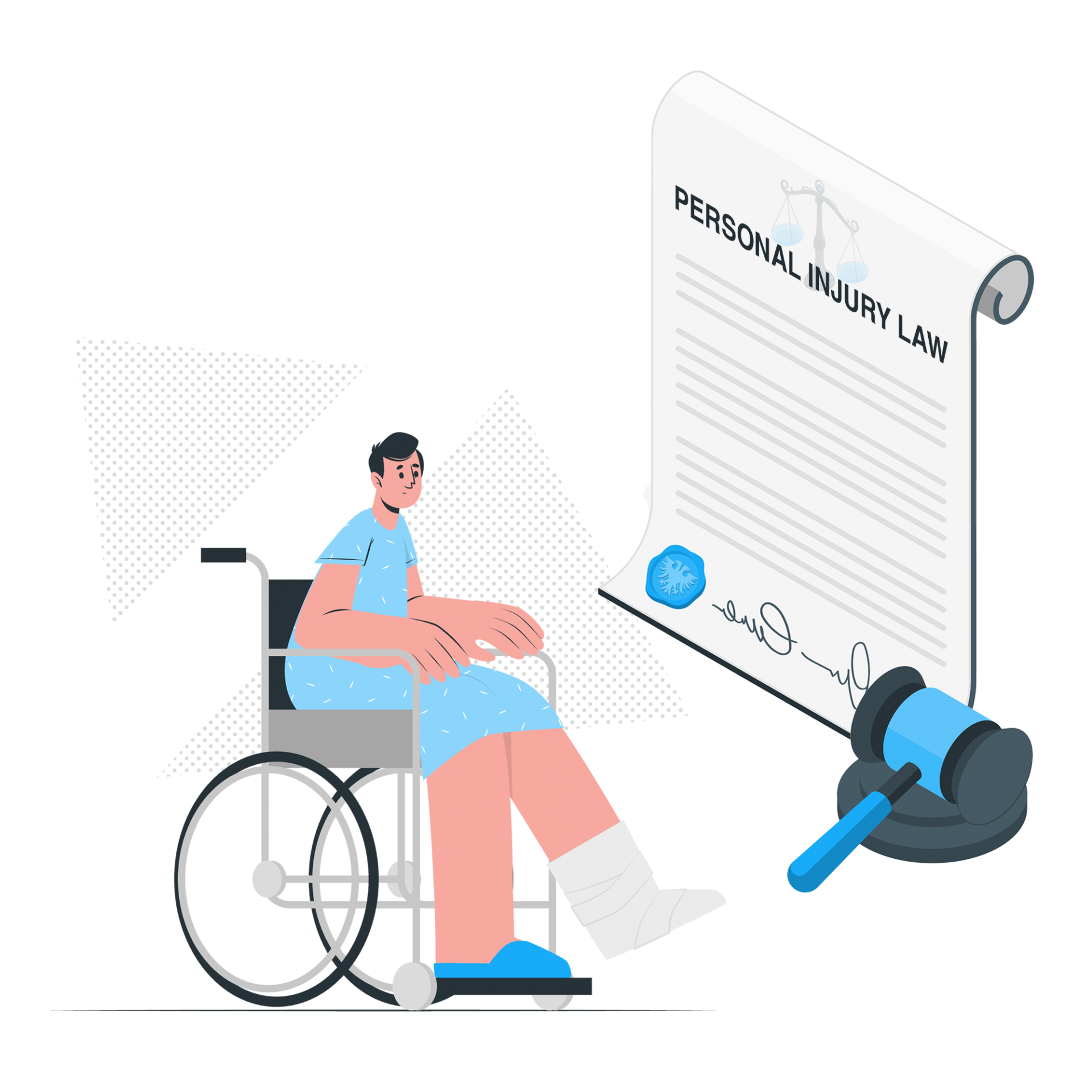What Evidence Does a Personal Injury Lawyer Need to Win Your Case?
A personal injury case hinges on the strength of the evidence presented. The ability to prove liability, establish damages, and support claims requires detailed documentation and testimony. Victims often turn to a personal injury lawyer in Greenwood Village for help collecting and presenting the necessary evidence to build a compelling case.
Evidence of Liability
Accident Reports
One of the most important pieces of evidence is the official accident report. This document provides details about how the incident occurred, including witness statements, observations from law enforcement, and any citations issued. Accident reports establish the initial framework for proving liability.
Photos and Videos
Visual evidence is highly persuasive in personal injury cases. Photos of the accident scene, property damage, injuries, and hazardous conditions can support claims of negligence. Videos from security cameras, dashcams, or bystanders can also provide a timeline of events.
Witness Statements
Eyewitnesses can provide an unbiased account of what happened. Their testimonies are crucial for validating claims and explaining how the accident occurred. A personal injury lawyer gathers these statements early to ensure details are preserved accurately.
Expert Testimony
Experts such as accident reconstruction specialists, engineers, or medical professionals may be called to provide their opinions. Their analysis can clarify complex issues like fault determination or the long-term impact of injuries.
Medical Evidence
Medical Records
Medical records serve as the foundation for proving the extent and cause of injuries. These documents include diagnoses, treatment plans, prescriptions, and follow-up care instructions. They link the injuries directly to the incident, preventing disputes about pre-existing conditions.
Medical Bills
Invoices and receipts for treatments, surgeries, therapy sessions, and medication demonstrate the financial burden caused by the injury. These expenses help calculate compensation for medical costs.
Doctor’s Statements
Statements from healthcare providers describe the severity of injuries and any ongoing medical needs. These professional opinions are critical for demonstrating how the injuries impact daily life and long-term health.
Evidence of Damages
Proof of Lost Wages
If the injury caused time off work, pay stubs, tax returns, or letters from employers verify income loss. A personal injury lawyer uses this data to claim compensation for lost earnings and potential future income if the injury limits career prospects.
Pain and Suffering Documentation
Personal journals, therapy records, and statements from family and friends can illustrate the emotional and psychological effects of the injury. This evidence supports claims for non-economic damages like pain, suffering, and reduced quality of life.
Property Damage Records
When property damage, such as vehicle repairs, is part of the claim, repair estimates, invoices, and photographs of the damage are included. These records reinforce claims for reimbursement.
Additional Supporting Evidence
Employment Records
Employment records show the victim’s work history, job responsibilities, and earning capacity before the injury. They establish the financial impact caused by the inability to work.
Insurance Policies
Copies of insurance policies, including health, auto, and liability coverage, help determine available compensation sources. Lawyers review these policies to maximize recovery.
Communication Records
Emails, text messages, or letters between the victim and the opposing party may serve as evidence. For example, an admission of fault or an apology could strengthen a claim.
Establishing Negligence
Proving Duty of Care
A key aspect of personal injury cases is proving that the defendant owed a duty of care to the victim. For example, drivers must operate vehicles safely, and property owners must maintain safe conditions.
Demonstrating Breach of Duty
Evidence must show that the defendant failed to meet their duty of care. This may include ignoring hazards, violating laws, or acting recklessly.
Linking Causation
Causation connects the defendant’s actions to the injury. Medical records, expert opinions, and timelines created with evidence help establish this link.
Showing Damages
Finally, evidence must demonstrate that the victim suffered losses—physical, emotional, or financial—due to the injury. Documentation such as bills, therapy notes, and employment records proves these damages.
Frequently Asked Questions (FAQ)
1. What should I do immediately after an injury?
Seek medical attention first. Then, document the incident by taking photos, collecting contact details for witnesses, and obtaining a copy of any accident report. Finally, contact a personal injury lawyer in Greenwood Village to evaluate your case.
2. How soon should I hire a lawyer?
It is best to consult a lawyer as soon as possible. Prompt legal advice ensures evidence is preserved, deadlines are met, and your rights are protected.
3. Can I still pursue a case if I was partially at fault?
Yes. Colorado follows a comparative negligence rule, which means you can recover damages if you were less than 50% at fault. However, your compensation may be reduced by your percentage of fault.
4. How long does it take to resolve a personal injury case?
Timelines vary based on the complexity of the case, the severity of injuries, and negotiations with insurance companies. Cases may resolve in a few months or take longer if they go to trial.
5. What if the insurance company offers a settlement quickly?
Quick settlements often undervalue claims. A lawyer can review the offer and negotiate for fair compensation that reflects the full extent of damages.
Conclusion
Gathering strong evidence is essential to winning a personal injury case. From accident reports and medical records to expert testimony and financial documents, each piece supports the claim and demonstrates the extent of damages. Working with a personal injury lawyer in Greenwood Village ensures that no detail is overlooked, helping victims build a compelling case and pursue the compensation they deserve.

